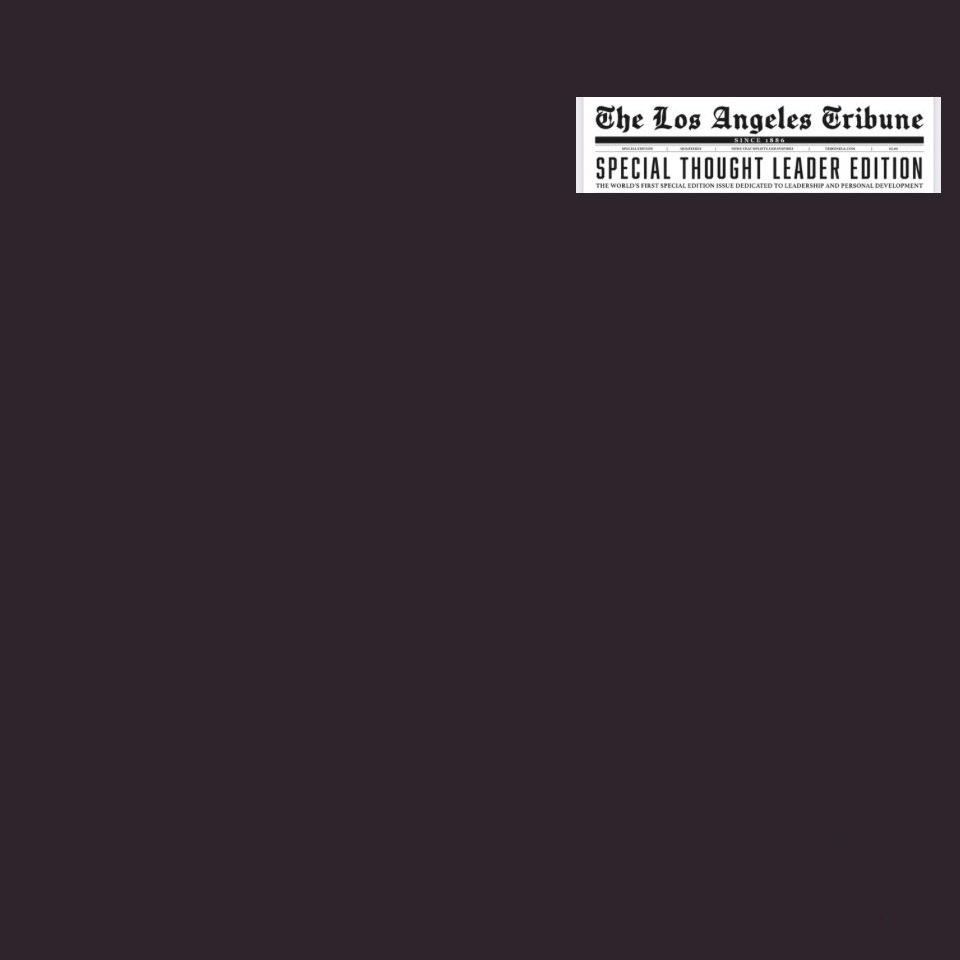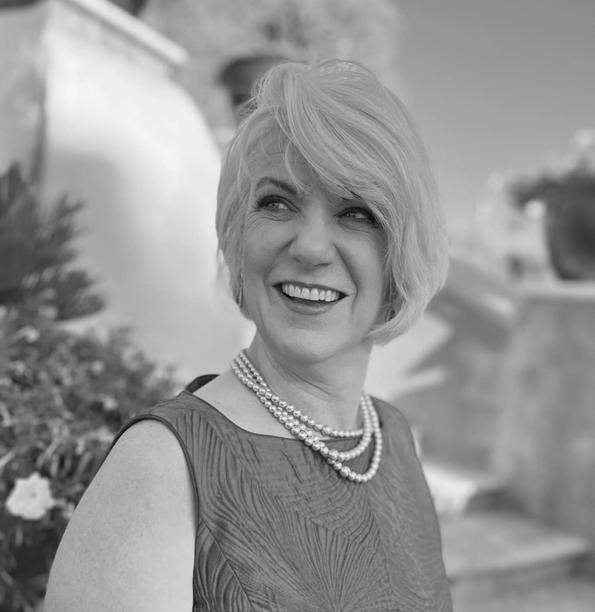
6 minute read
How to cope with the challenges and uncertainties of the post-pandemic world
BY: Angela Legh
The Pandemic and its aftermath
The pandemic and its aftermath presented us with unprecedented challenges that have deeply affected our lives. The mental health crisis, financial crisis, and political concerns are just some issues that surfaced during these difficult times. However, amidst the chaos, some practices can help you find a sense of peace and purpose. Meditation can be a powerful tool to ease anxiety and connect with your inner self, while mindfulness enables you to appreciate the present moment. Surrendering to what is and accepting that there are limits to what you can control can also help you shift your focus from resistance to positive action.
When the pandemic hit, I found myself feeling overwhelmed. It felt like the rug had been pulled out from under my life. Everything changed quickly; it felt like we were living in a strange new reality. Unable to follow my usual daily routine, I turned to deep meditative practices to find a sense of calm in the chaos.
Meditation
Meditation can be a form of prayer, a time to reflect on gratitude, or a time of awareness, to simply feel. Meditation does not have to be clearing your mind, sitting in a specific posture, or chanting a specific mantra. Allow yourself to meditate in a way that feels comfortable to you.
My favorite meditative practice is to “shine” the light of my awareness within, basking in the warmth of my consciousness. This feel-good practice can be done in as little as five minutes, or you can bask in the light of your awareness for as long as you desire.
Whether you prefer guided meditation journeys or to sit in the quiet practice of self-awareness, meditation done as a daily practice can be very centering.
Finding Purpose
The pandemic and lockdown revealed the need to literally and figuratively “go inside.” The lockdown and forced isolation caused many people to become reflective. These inner reflections prompted, for many, a need for significant life changes. The “Great Resignation” began and continues today. People wanted to find meaning in their lives; they weren't satisfied with their work environment, industry, or work-life balance. In mass numbers, they left their jobs in search of something more.
Finding purpose in my work became incredibly important after losing my home to a Northern California wildfire. I worked for the government and, as such, was an official “emergency worker.” I felt I had to show up at work even when my personal life was chaotic. Over time, I realized I was not happy shuffling papers and doing “make work.” When I felt I was wasting my time at work, it seemed my responsibilities outside of work should take precedence. If forced to be at work, I would ensure my time was purposeful. I updated all the employee safety manuals to be aligned with current rules and regulations. This work had a purpose, which was to bring our organization into full compliance with state regulations.
Choosing to be in the Present Moment
Life does not come with a road map, and when we are embroiled in circumstances, it is easy to get caught up in the worries and fears of the future. Choosing to be in the present moment can ease your worries. This mindfulness practice focuses your attention on everything present at that moment; the feel of the air touching your skin, the sounds around you, and the sense of your body in the chair. Once you become self-aware and present in the now moment, you can ask yourself, is the thing you are worried about happening right now? Being mindful is a practice that eases anxiety and helps you appreciate the world around you.

One very effective practice to focus your attention on the present moment is through breathwork. Concentrating on your breath and noticing the airflow as it enters and leaves your body brings self-awareness and presence. In addition, specific breathwork breathing patterns can be used to calm your nervous systems, such as 4-7-8 breathing (breathe in for the count of four; hold for the count of seven, breathe out for the count of eight) or box breathing (breathe in for the count of four; hold for the count of four; breathe out for the count of four; hold for the count of four). When you focus on your breath, you are in the now-present moment.
Surrender to what is
It's natural to want to have everything figured out and oversee your life, but there are limits to what you can control. Your resistance to the circumstances of your life is the fuel for your unhappiness. When you resist, you expend energy pushing against the events of your life. What if you accept your current circumstances and ask yourself, “What action steps can I take to shift the energy?” Instead of expending your energy on resistance, you focus your energy on positive action. When you let go of the need to control everything and trust that there is a plan for you, whether from God or the universe, you can let go and allow life to unfold as it's meant to.
It's easy to feel isolated and alone when practicing social distancing and staying at home. Yet we are all part of the same divine energy; through that understanding, we can find comfort in knowing we're not alone. During the pandemic, I wrote a blog post called “We are all connected.” I wrote about the energy inside our cells and the electrons in our atoms orbiting the nucleus. Our bodies are made of cells; our cells are made of molecules, and our molecules are made of atoms. We are energetic beings, and energy knows no bounds. Embrace this concept and feel how unlimited you are.
The practices and techniques offered here can help you cope with your mental health and the financial and political concerns that have surfaced during these challenging times. I invite you to implement these practices into your daily life and see how they can positively impact your well-being. While you may not be able to control everything in life, you can choose how you respond to it.
About the Author:

Angela Legh is an international best-selling author with eight published books, best known as the author of her children's fantasy book series, The Bella Santini Chronicles, which gives children and their parents tools and techniques for emotional balance. For over 50 years, Angela experienced abuse, bullying, and belittlement, and through that exposure, she developed emotional management methods.
As a conscious parenting consultant, Angela has shared the stage with Les Brown, Dr. John DeMartini, Bernardo Moya, Michael Beckwith, Joe Vitale, Alison Larsen, Moe Rock, David Fagan, and many others. Angela has done everything from speaking to C-suite level entrepreneurs about emotional intelligence to creating engaging children’s videos. When she isn’t writing children’s stories, she can be found hiking in the beautiful wilderness of Taos, New Mexico.
Find out more about Angela:
1. Website
2. Facebook
3. Instagram
4. LinkedIn
5. Youtube

